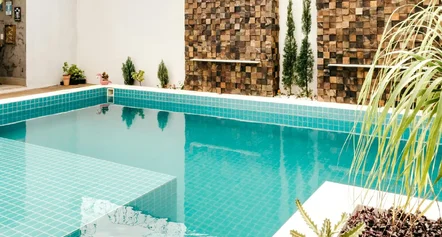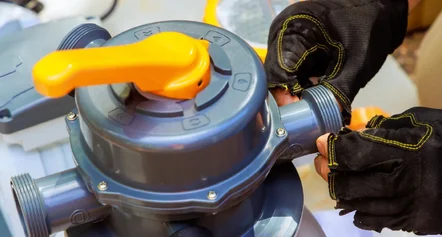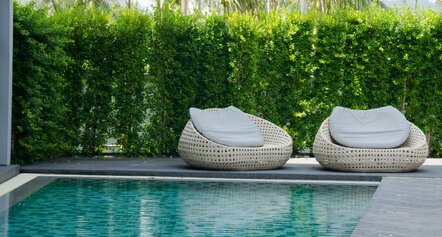Saltwater pools have become a favourite in Australia thanks to their low maintenance and gentler swimming experience compared to traditional chlorinated pools. But keeping them free from algae isn't just about clear water-it's about choosing an algaecide that won't harm local wildlife.
Many chemical treatments can upset Australia's fragile ecosystems, so opting for an eco-friendly solution isn't just a good idea-it's a must.
Why Choosing Wildlife-Safe Algaecides Matters in Australia
Australia's incredible wildlife-from frogs and fish to native birds-depends on clean water to thrive. But many of these species are highly sensitive to chemicals found in common pool treatments. When algaecides seep into the environment, they can throw entire ecosystems out of balance.
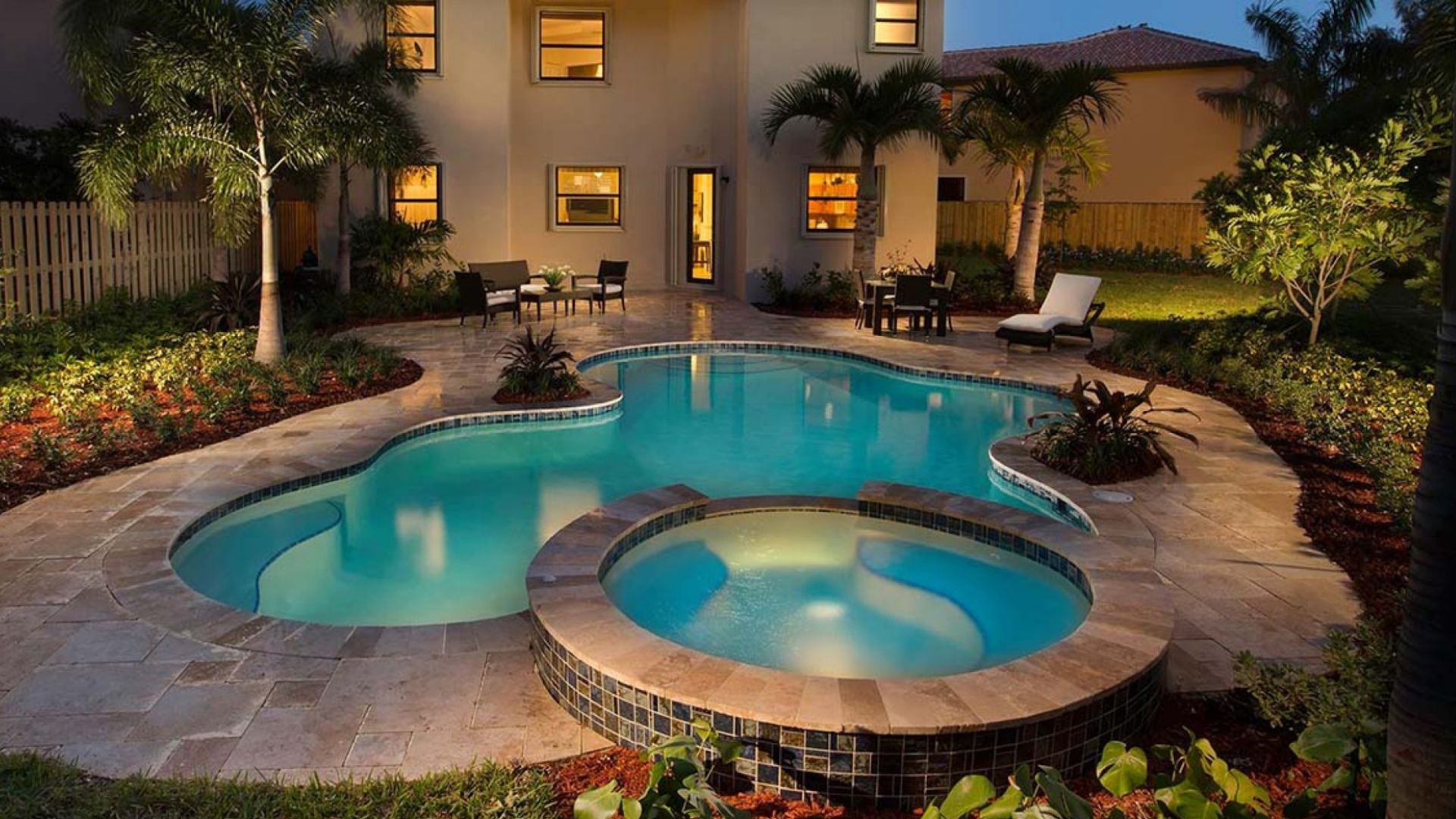
Copper-based algaecides, for example, don't just kill algae-they build up in water sources, creating a toxic environment for amphibians and aquatic life. Harsh chemicals can also harm pollinators and native bird species, reducing biodiversity in the long run.
Pool water run-off doesn't just disappear-it often makes its way into local waterways, impacting the plants and animals that rely on them. As a pool owner, choosing an eco-friendly algaecide isn't just about protecting your own backyard-it's about safeguarding Australia's environment.
The good news? There are plenty of effective, wildlife-safe options that keep your pool clear without causing harm.
Choosing the Right Algaecide for Your Saltwater Pool
Saltwater pools work differently from traditional chlorinated pools, which means they need the right treatments to prevent algae. While harsh chemicals might get the job done, eco-friendly algaecides offer effective protection without the environmental fallout.
How Algae Forms in Saltwater Pools
Saltwater pools generate chlorine naturally using a salt chlorinator, but that doesn't make them immune to algae. Warm weather, sunlight, and organic debris create the perfect conditions for algae to thrive. That's why using an algaecide is a smart move-it helps keep your pool clear and hassle-free.
What to Look for in a Wildlife-Safe Algaecide
Go for natural enzyme-based formulas that break down organic matter without harming local wildlife.Polyquat-based options are another great choice-they fight algae effectively without releasing harmful metals into the water.
Also, look for phosphate-free algaecides, which prevent algae from taking hold without disrupting native species.
Reading product labels is key. Opt for biodegradable, wildlife-safe formulas and steer clear of anything with high copper content or synthetic chemicals that can linger in the environment.
Choosing a non-toxic, eco-friendly algaecide means you can enjoy a crystal-clear pool without harming Australia's unique wildlife.
Why Certifications Matter
If a product carries an eco-certification-like being biodegradable, phosphate-free, or non-toxic to aquatic life-it's usually a safer bet. Australian regulatory certifications help ensure algaecides meet strict environmental standards.
Sticking to certified products means you're not just keeping your pool clean-you're also doing your part to protect local ecosystems.
The 4 Best Wildlife-Safe Algaecides for Saltwater Pools in Australia
Choosing the right algaecide isn't just about keeping your pool clear-it's about doing it in a way that won't harm native wildlife. The best options balance effectiveness, environmental safety, and ease of use. Here are four top picks that keep algae at bay without putting local ecosystems at risk.
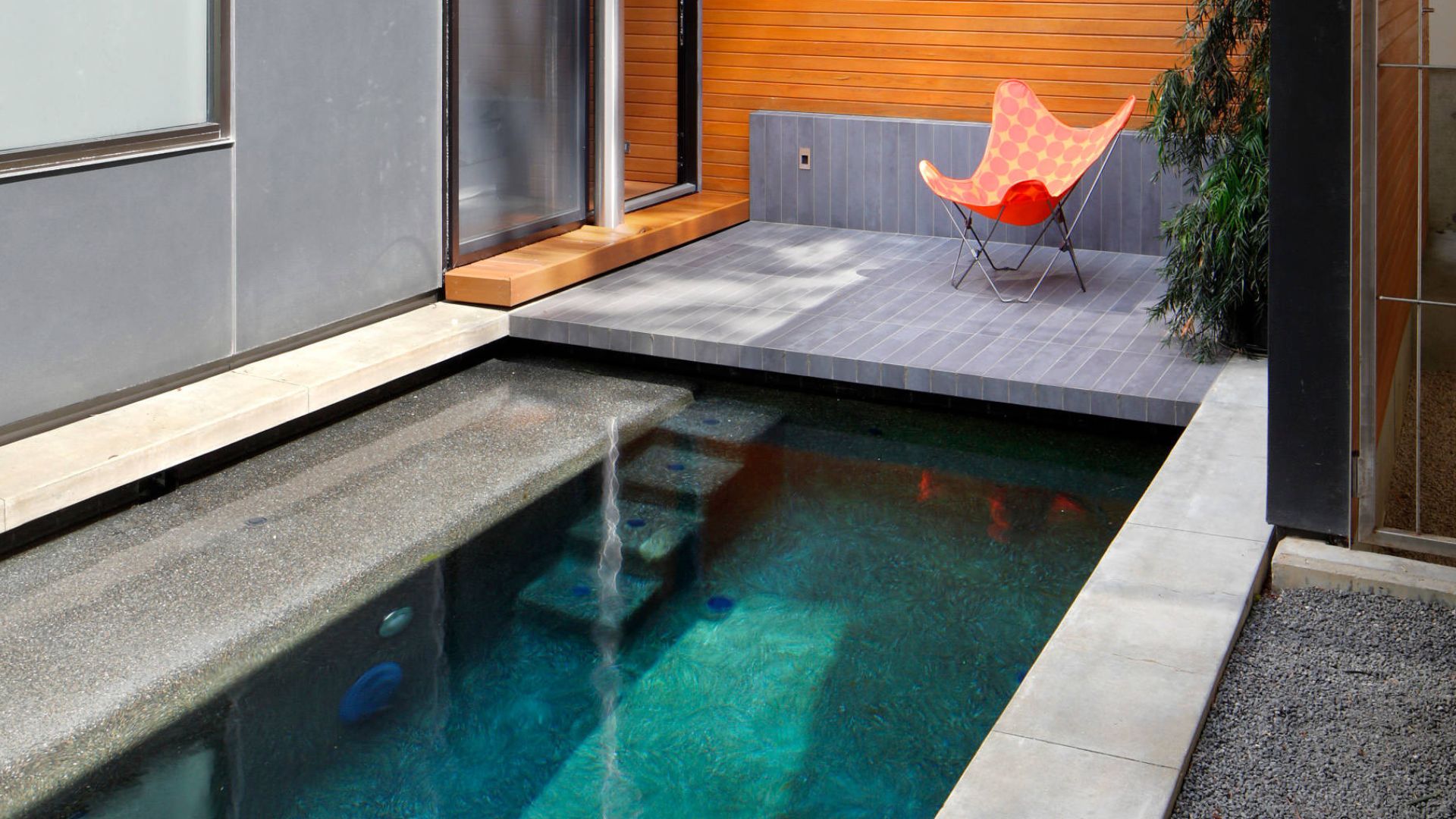
1. Natural Enzyme-Based Algaecide
This type of algaecide harnesses natural enzymes to break down organic debris, helping to prevent algae before it starts. Since it doesn't rely on harsh chemicals, it's completely safe for birds, frogs, and aquatic life.
Pros: Eco-friendly and gentle on the environment.
Cons: Works best as a preventative-may not be strong enough for serious algae infestations.
2. Polyquat-Based Algaecide
A great all-rounder, polyquat-based formulas effectively control algae growth without introducing metals into your pool. They're safe for sensitive ecosystems and work against multiple types of algae.
Pros: Non-toxic and effective for different algae strains.
Cons: Needs regular applications to maintain results.
3. Phosphate-Free Algaecide
Instead of killing algae directly, this option reduces phosphate levels, starving algae of its main food source. This makes it a long-term solution that won't disrupt native species.
Pros: Long-lasting and safe for wildlife.
Cons: Works best when combined with proper filtration and maintenance.
4. Mineral-Based Algaecide
Using natural minerals, this type of algaecide prevents algae without introducing toxic chemicals. It's safe for aquatic plants, frogs, and other native fauna.
Pros: Gentle, effective, and eco-friendly.
Cons: May require extra water balancing to maintain pool chemistry.
How to Maintain a Wildlife-Friendly Saltwater Pool
Keeping your saltwater pool algae-free doesn't have to mean relying on harsh chemicals. Simple habits, like brushing your pool surfaces regularly and keeping salt and pH levels in check, go a long way in preventing algae growth. Good filtration and circulation are also key to stopping algae before it starts.
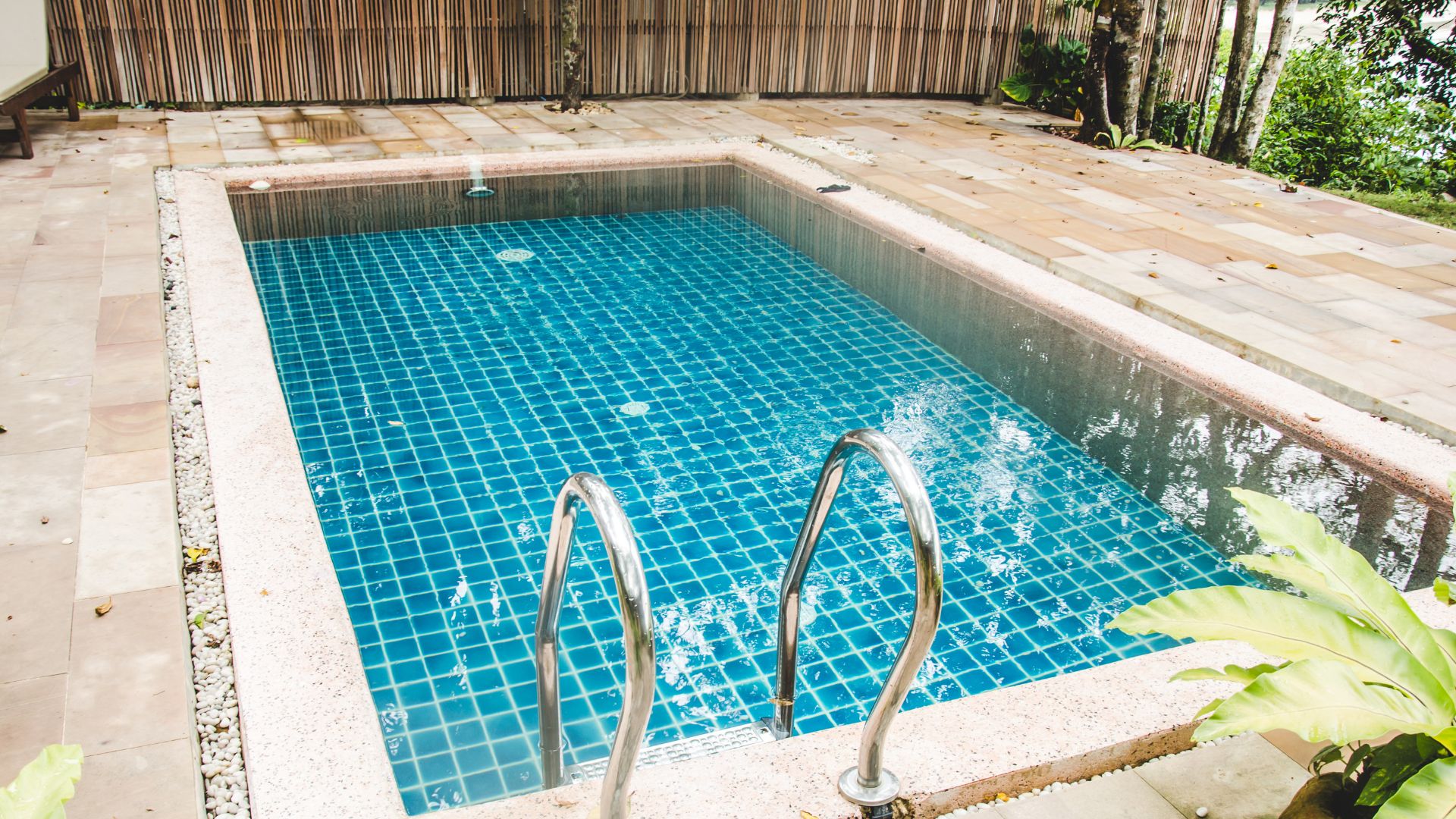
Wildlife and pools often cross paths, whether it's birds stopping for a drink or frogs taking an unexpected swim. Using eco-friendly algaecides and keeping chemical levels as low as possible helps ensure these creatures stay safe.
When treating your pool, always follow algaecide application guidelines to avoid unnecessary chemical exposure. Look for treatments that break down naturally rather than lingering in the water.
A little extra care means you can enjoy a crystal-clear pool while keeping Australia's ecosystems thriving.
Protecting Australia's Wildlife Starts with Your Pool
Choosing the right algaecide isn't just about stopping algae-it's about making responsible choices that safeguard Australia's wildlife. Many conventional treatments contain chemicals that can harm native species, which is why eco-friendly alternatives are so important.
By selecting wildlife-safe algaecides, maintaining good pool hygiene, and preventing chemical run-off, you play a role in protecting local ecosystems. Natural enzyme, polyquat-based, phosphate-free, and mineral-based algaecides all provide effective algae control without harming the environment.
Even small changes-like cleaning your pool regularly, choosing eco-friendly treatments, and keeping your filtration system in top shape-can make a big difference.
For expert guidance on keeping your saltwater pool clean and wildlife-safe, talk to the team at Flamingo Pools. We specialise in eco-friendly pool care tailored to your needs. Contact us today to find out how we can help you maintain a beautiful, environmentally responsible pool.


